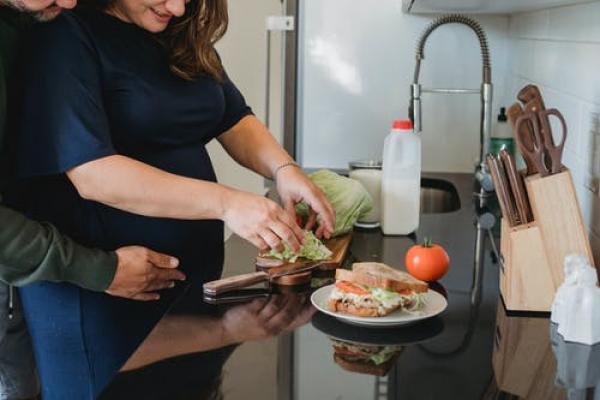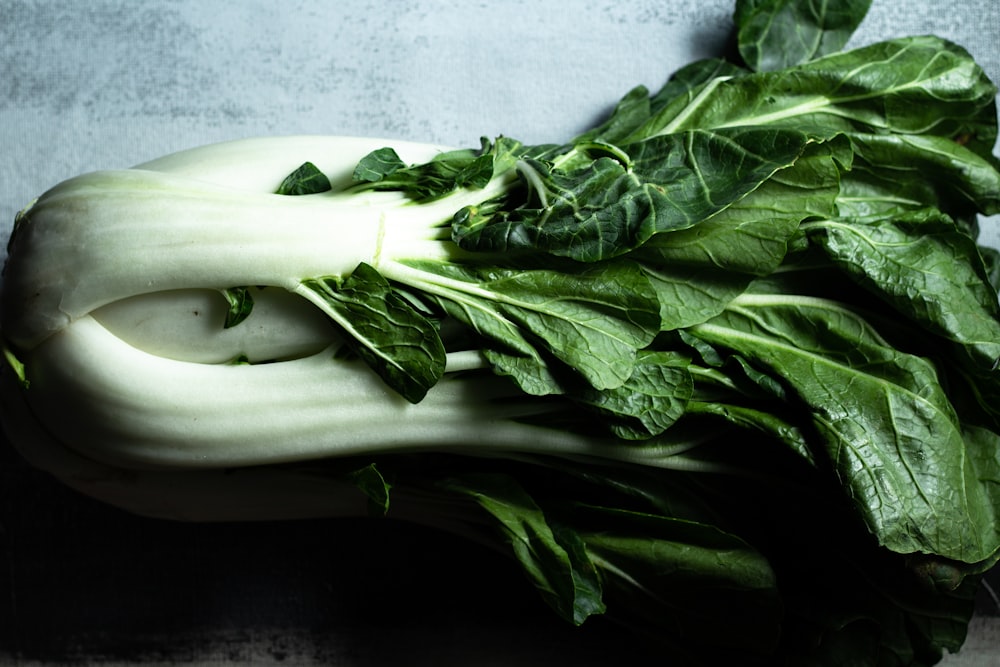Having a healthy child is a journey that doesn't just start at conception. All our actions prior to getting pregnant can have a huge impact on many parts of the journey and the outcome. One of the major factors that is really important in your preparation for and during the course of your pregnancy is your diet.
Many doctors, midwives and nutritionists advise that your diet change to incorporate more essential vitamins and minerals even before you get pregnant to help nurture your body and ensure it is in optimum condition to house your baby for nine months, The same thing goes with exercise. Your body does not need to go into total physical shutdown when you are trying or become pregnant. Doctors actually encourage exercise, right up to the third trimester, though it needs to be modified for your new state along the way.
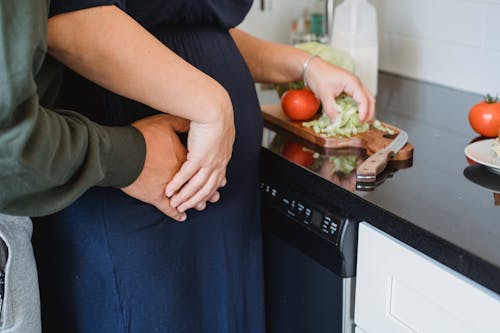
The HSE advise that we exercise during pregnancy for the following reasons:
- Reduces stress levels
- Reduces risk of certain pregnancy-related complications
- Reduces high blood pressure and diabetes
- Improves circulation
- Can lead to a shorter labour
- Improves blood flow to baby
- Can help you recover more quickly after birth
When it comes to food, it's all about getting as many varied nutrients as possible. That being said, the HSE advise against the common advice to 'eat for two'. Our diet should broaden, but our appetite shouldn't increase. Mindful eating is important, to focus on what is really going to nourish your body and your baby.
Folic acid
Available over the counter in a pharmacy, or else you can obtain a prescription GP, it's advised that for the first 12 weeks of pregnancy that you consume 400mg of folic acid per day. If you have certain medical conditions, you may need to take more.You should also eat foods high in folic acid. These include green leafy vegetables, fortified breakfast cereals and milk.
Vitamin D supplement

Vitamin D is 'the sunshine vitamin' because your body makes it when strong sunlight falls on your skin. People living in Ireland and Britain often have low vitamin D levels, thanks to our *lovely* weather. You can also get vitamin D from oily fish such as salmon and mackerel and eggs contain small amounts of vitamin D too. Many foods such as milk now have vitamin D added to them, so there are plenty of ways to get some more vitamin D into your diet!
Iron
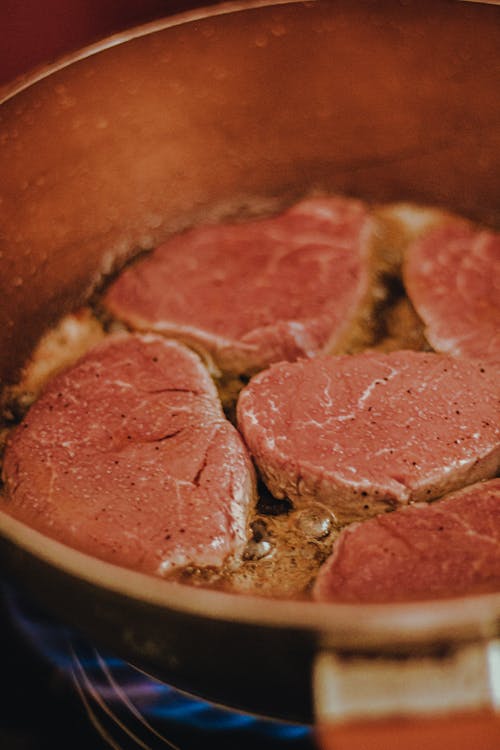
You should eat foods rich in iron at least twice a day while pregnant. Haem iron is a type of iron that is more easily absorbed by the body and can be found in foods like red meat, beef, lamb, mutton and pork. Non-haem iron is less-well absorbed by the body and can be found in eggs, green leafy vegetables, pulses and fortified breakfast cereals. Try and eat a variety of haem and non-haem sources of iron.
Vitamin C
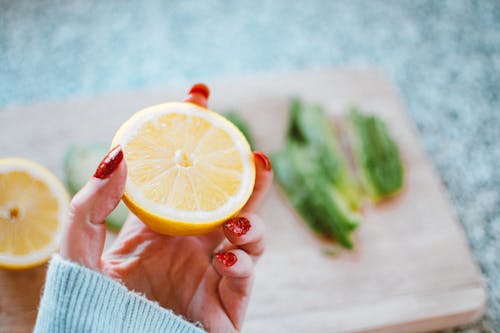
Vitamin C helps your body absorb iron. Try to eat foods rich in vitamin C at the same time as your non-haem iron sources. Vitamin C is in oranges, kiwis, strawberries and red peppers. If your blood tests show that you have low iron levels, your GP may prescribe a supplement for you to take.
Calcium
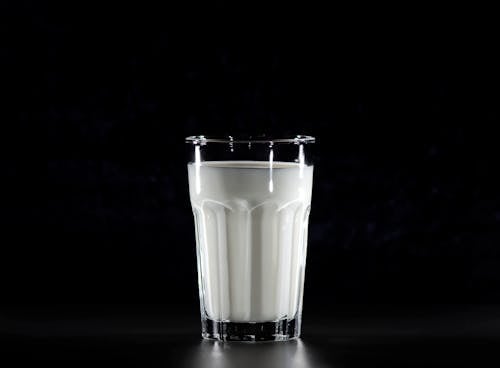
Try to eat 3 servings of milk, cheese or yoghurt a day. These are rich in calcium and this is important for healthy bones. Low fat dairy products contain the same amounts of calcium as full fat versions.
1 serving is:
- 200ml glass of milk
- 2 thumbs of cheese
- a 125g pot of yoghurt
Omega 3
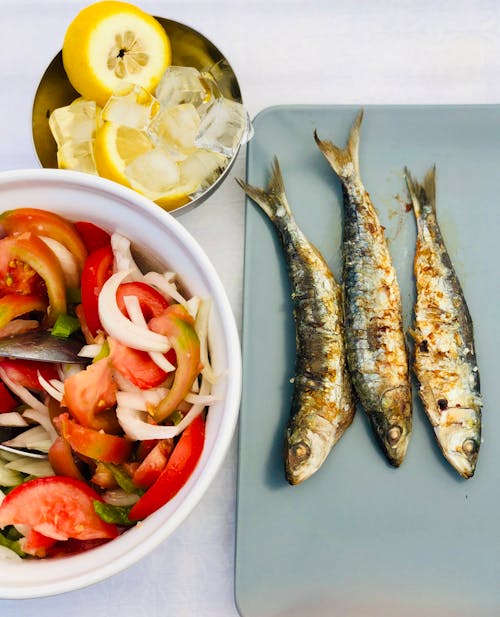
You should take 1 to 2 portions of oily fish a week such as salmon, mackerel, herring, trout or sardines. Other sources of Omega 3 include linseed, rapeseed oil and walnuts. You may need a supplement if you are vegetarian or vegan or do not like oily fish.

